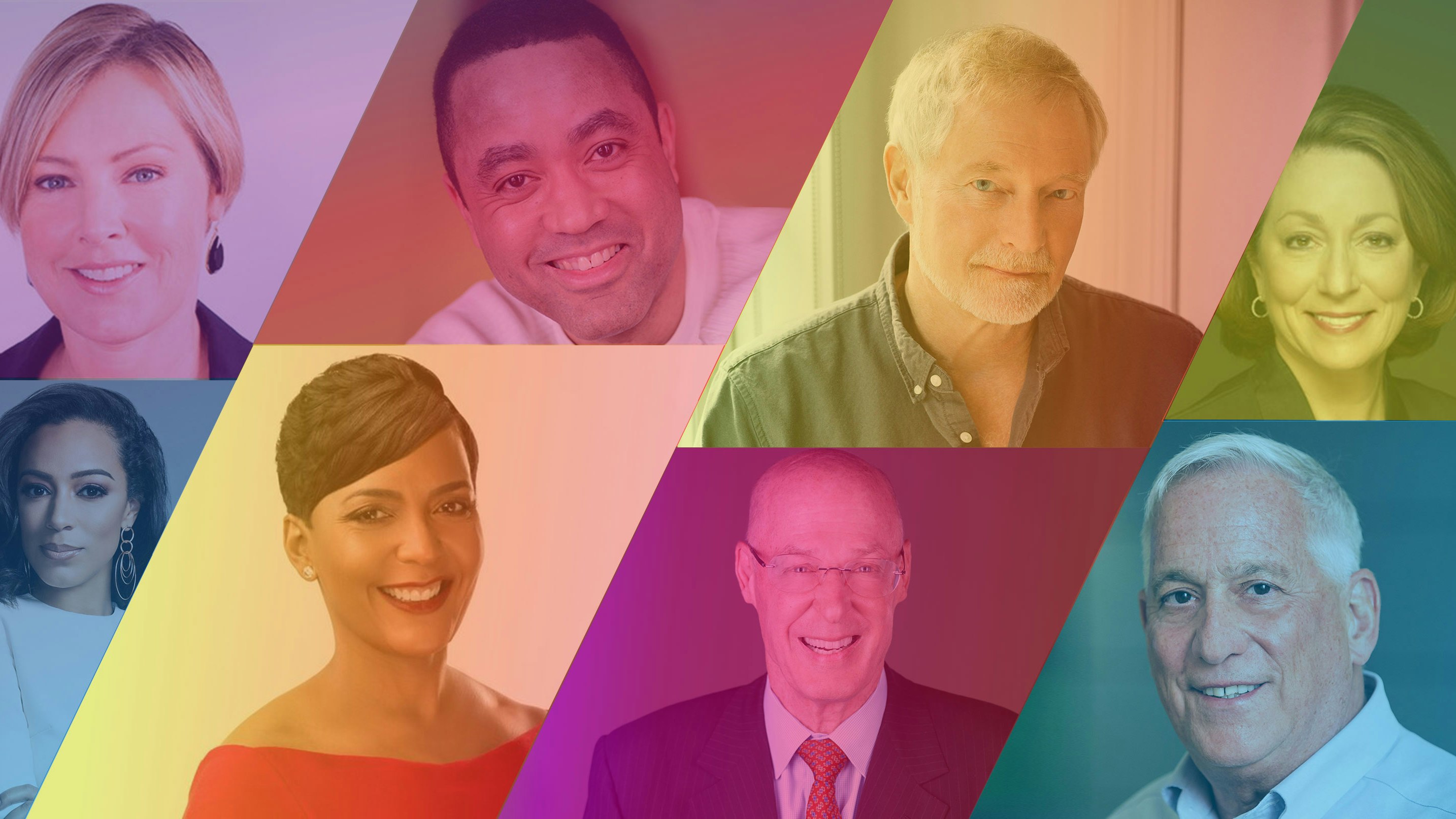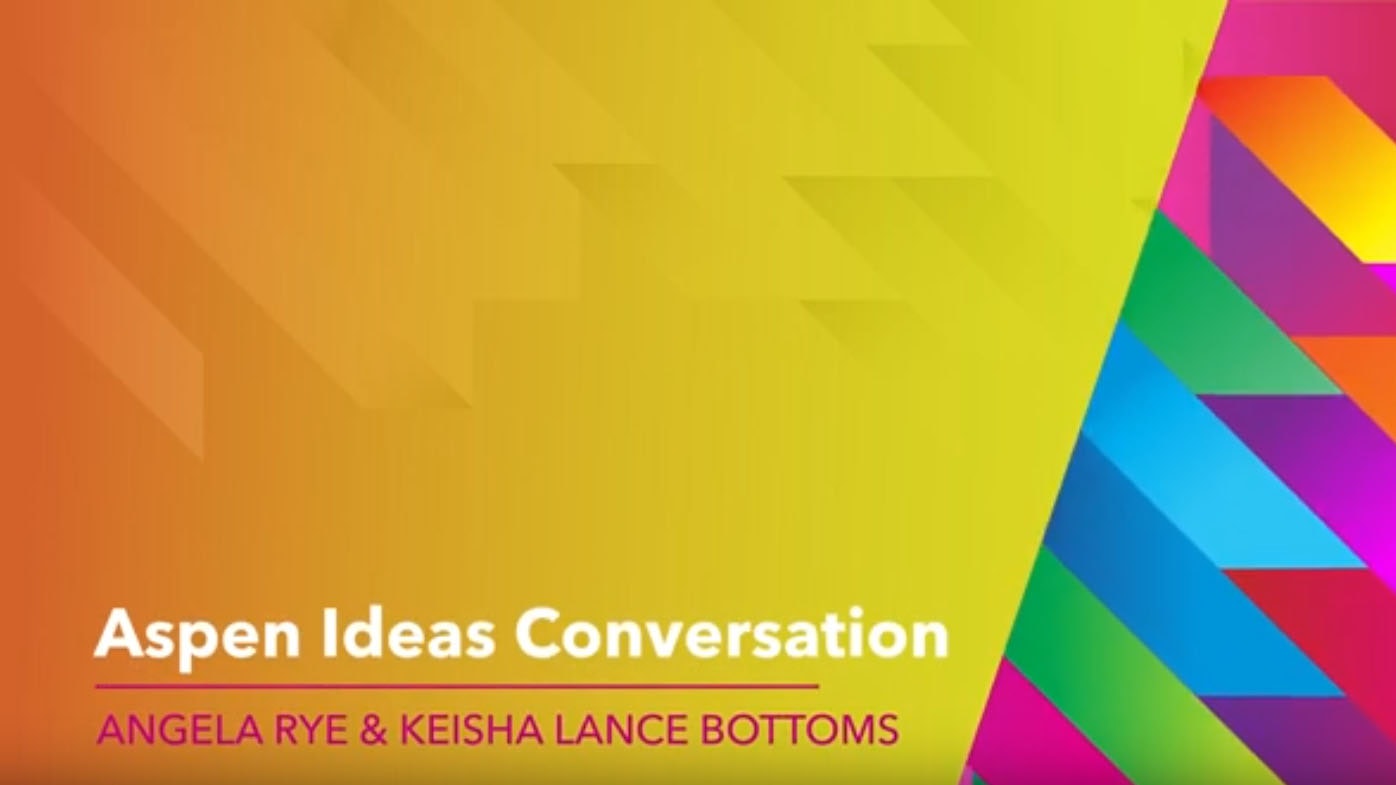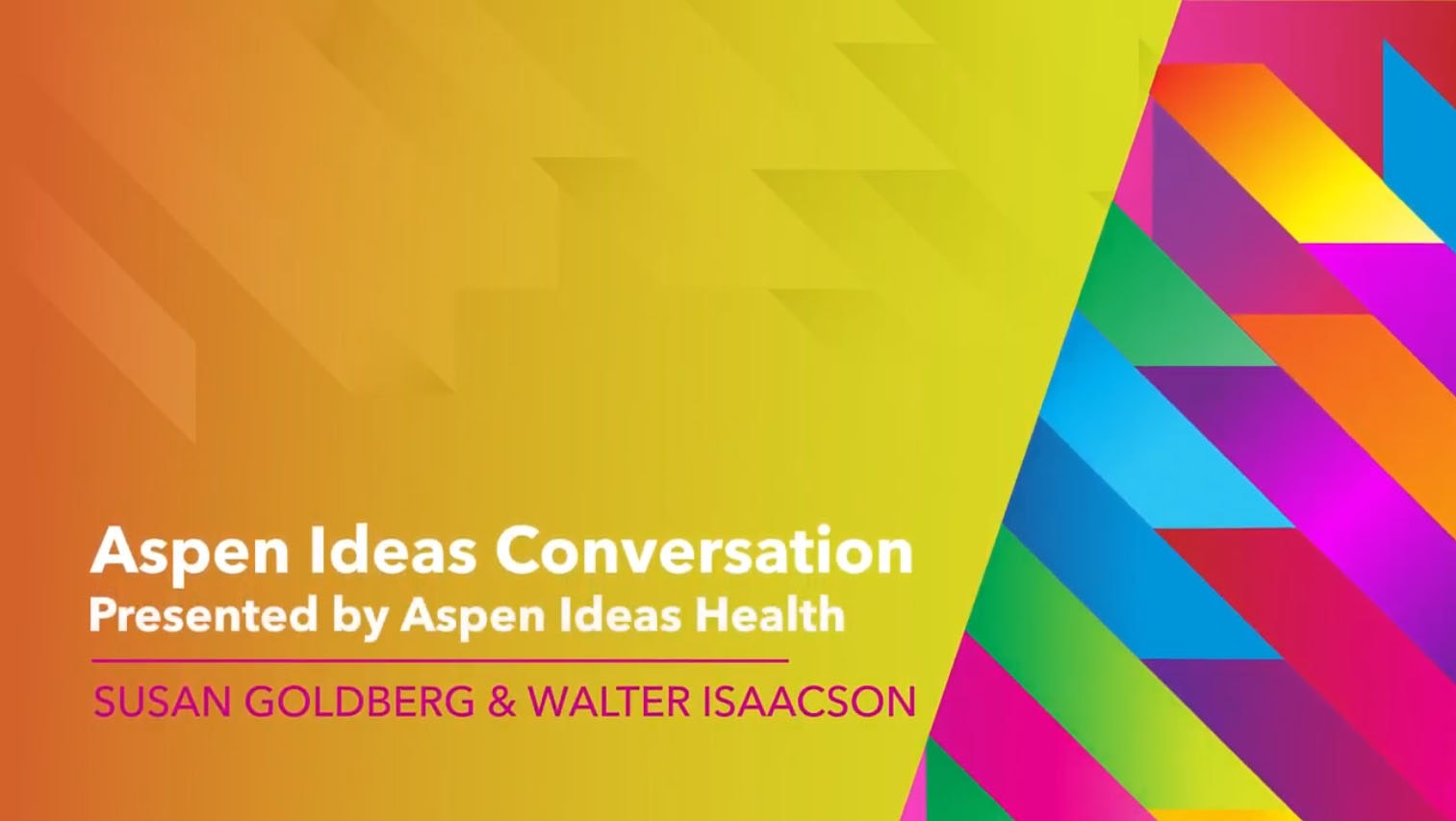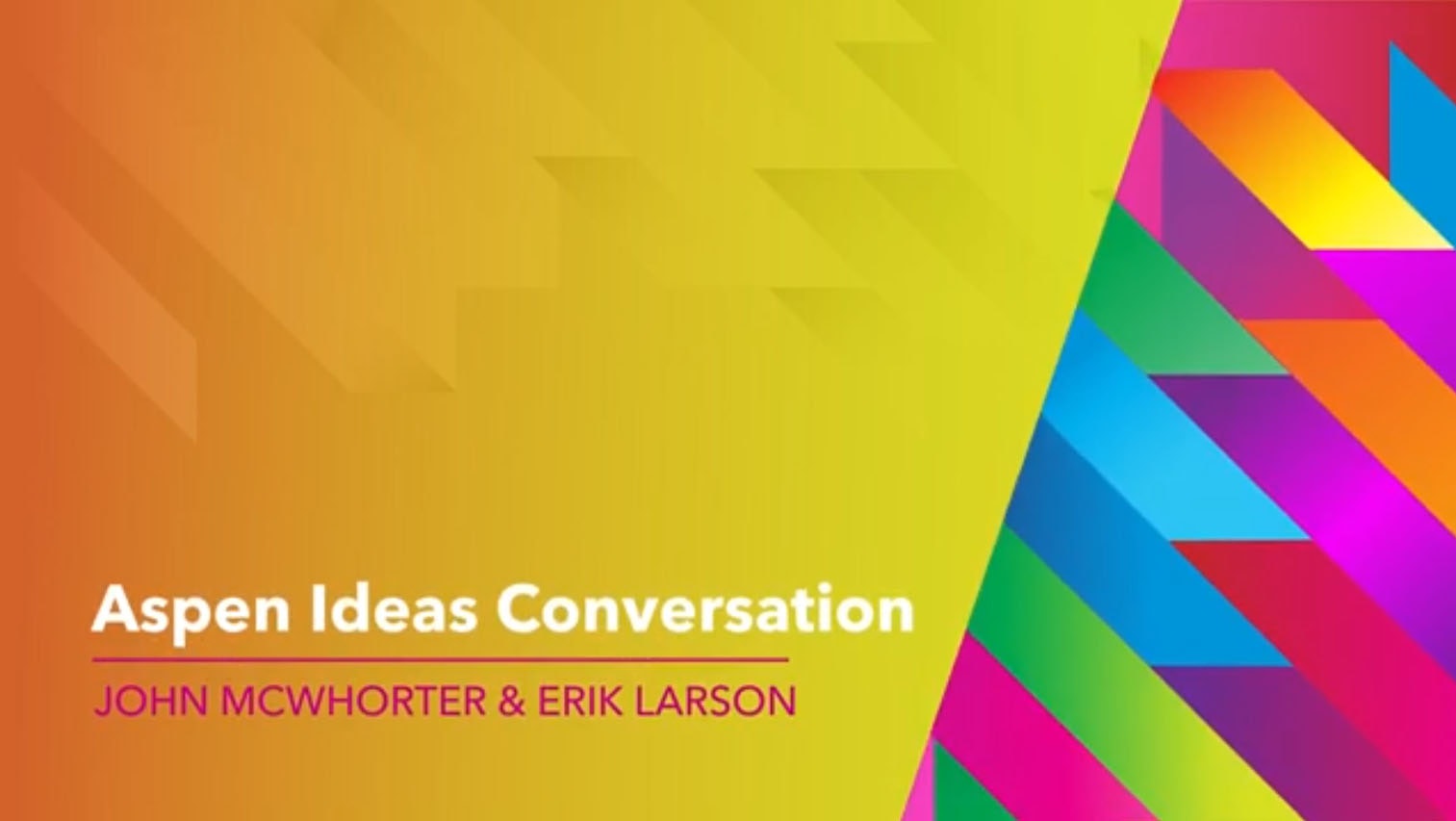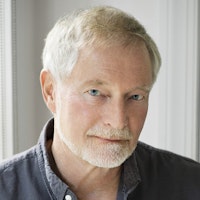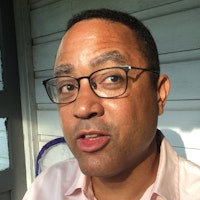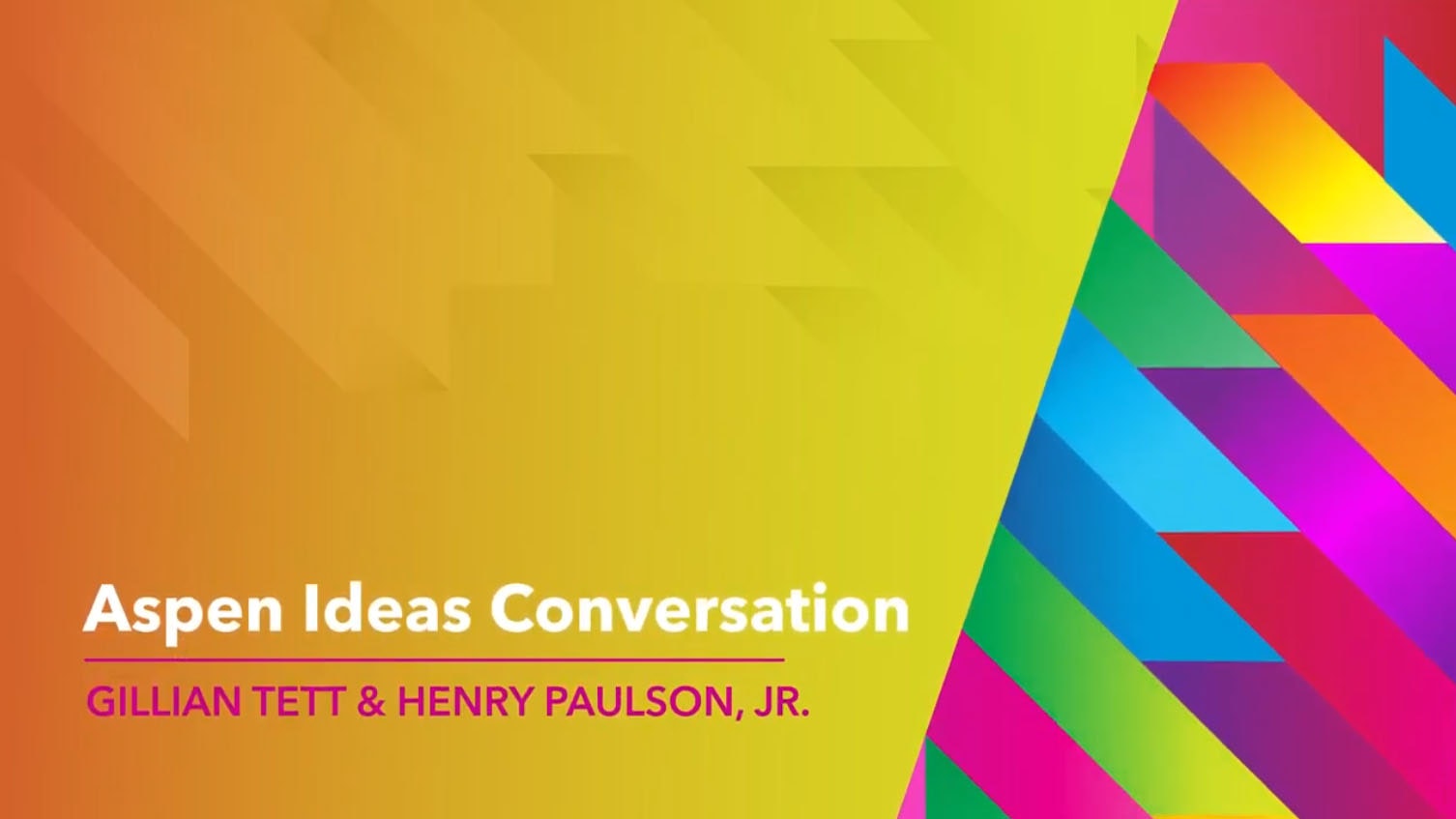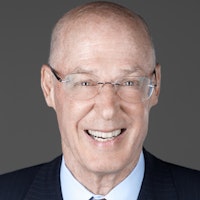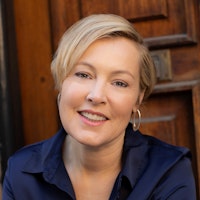
Aspen Ideas Festival 2020: Keisha Lance Bottoms, Walter Isaacson, Erik Larson, and Henry Paulson, Jr.
Aspen Ideas Festival - July 1 (full episode)
Atlanta, Georgia is an epicenter for the multiple crises the United States is facing. How is the city’s mayor handling problems like the pandemic? The genome-editing technology CRISPR may be able to damn diseases, but ethical questions arise when it’s used to design human traits. Hear about the leadership of Winston Churchill, and some surprising positive economic news from the Covid-19 crisis.
Part One: Keisha Lance Bottoms and Angela Rye
Mayor Keisha Lance Bottoms joins CNN political commentator Angela Rye for a candid conversation about her most challenging months as mayor of Atlanta — an epicenter for the multiple crises we’re seeing across the country in 2020. Bottoms opens up about authenticity and exhaustion, identity and the American experience, and the leadership lessons she’s learned from Covid-19. On the short-list of potential running mates for presumptive presidential nominee Joe Biden, Mayor Bottoms reflects on what she might bring to the ticket, and why Biden once told her that serving in local government can actually be a much tougher job.
Part Two: Walter Isaacson and Susan Goldberg
Thanks to the genius of biochemists such as Jennifer Doudna, who’s credited with the co-discovery of CRISPR, our biggest scientific advances in the near future may easily come by way of the genome-editing technology. CRISPR enables scientists to change or remove genes quickly, with a precision only dreamed of just a few years ago. But just how far are we willing to go to edit our gene pool? Damning disease is one thing. But what about designing for intelligence? Beauty? Height? The power to pick and choose traits sends us down a slippery ethical slope. Noted author and University Professor of History at Tulane Walter Isaacson discusses his latest dive into the often dramatic subject of innovation with Susan Goldberg, editor in chief of National Geographic.
Part Three: Erik Larson and John McWhorter
During his first year as Prime Minister, Winston Churchill and the citizens of London endured 57 nights of consecutive bombing by German air forces. While both the Blitz and Churchill have been written about often, author Erik Larson offers an intimate view of how a leader — through words and actions — can help a nation through a terrifying and deadly assault on their country and their freedom. Larson draws on the personal diaries of Churchill’s staff and children to reveal how he used the power of words to express compassion, model fearlessness, and ultimately unite the British people to carry on.
Part Four: Henry Paulson, Jr. and Gillian Tett
Double-digit unemployment and some permanent job losses are among the long-term consequences of Covid-19. But there is one positive side of the crisis, says Hank Paulson, former secretary of the US Treasury: The pandemic has laid bare the structural deficits that define us at the moment — deficits that we can attack and resolve. In this wide ranging conversation with Gillian Tett, editor of the Financial Times, Paulson unpacks the merits of carbon dividends, regulatory reform, a domestic Marshall Plan, and the importance of a new commitment to international economic cooperation.


